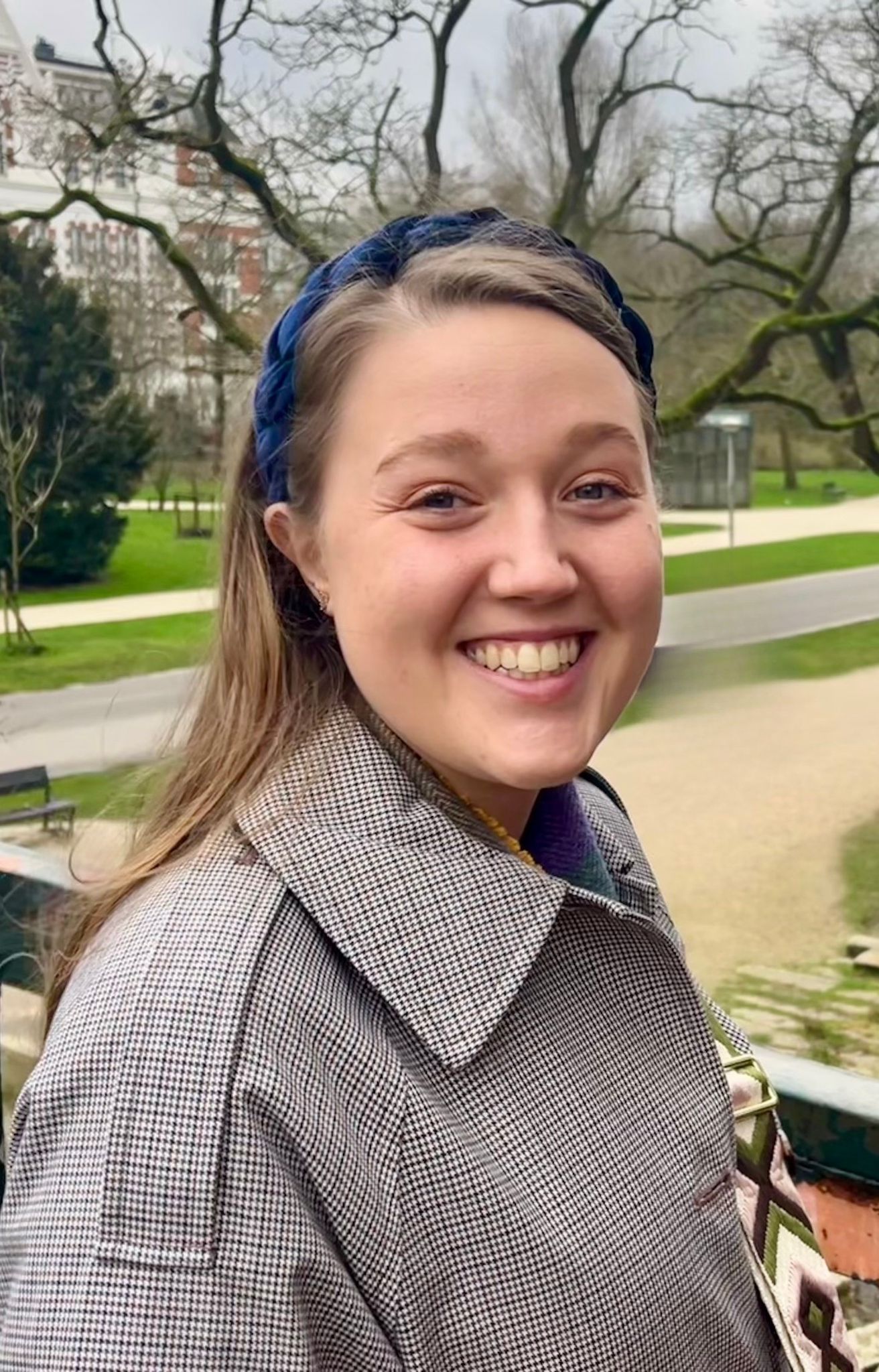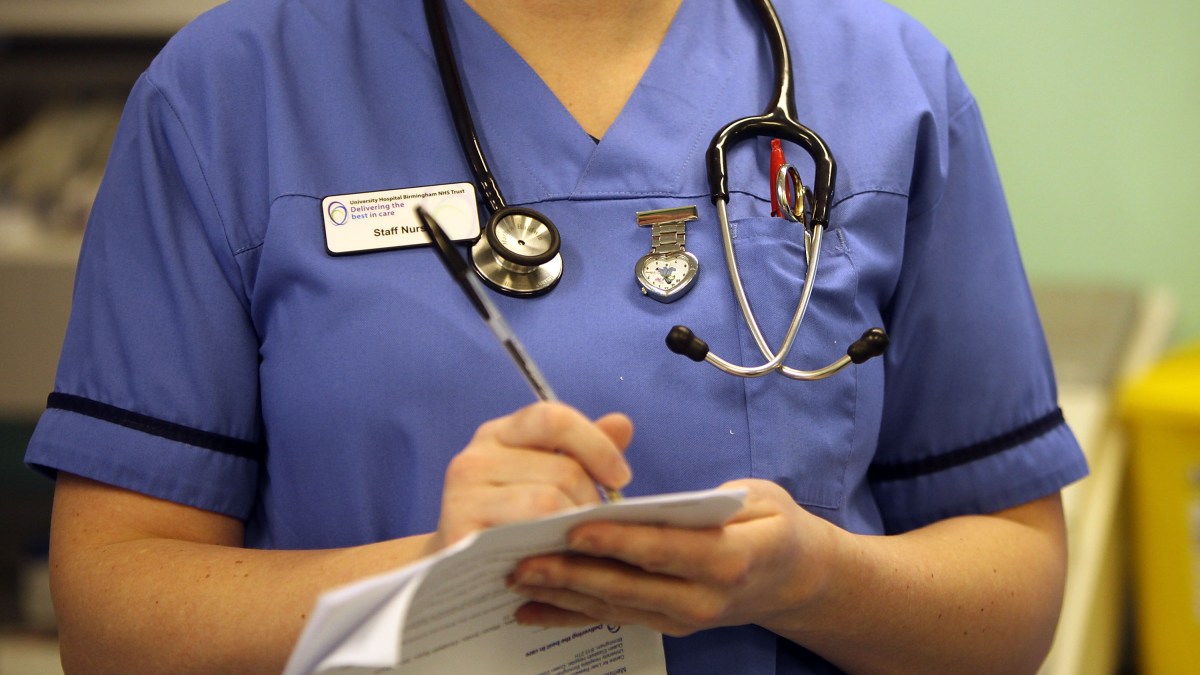Disabled doctors are being bullied by colleagues and struggling to get NHS support, a report has claimed.
The British Medical Association (BMA) surveyed more than 800 doctors and medical students who have disabilities or neurodivergent conditions such as autism and ADHD. A third of doctors said they had experienced bullying or harassment relating to their disability or long-term health condition.
More than half said they had considered leaving their job or the medical profession due to a lack of support.
Three quarters said they worried about being treated or viewed negatively, while 56 per cent said they believed discrimination against disabled people was worse in the medical profession than in wider society.
Dr Alice Gatenby, a resident doctor who works in South Wales, has to manage epileptic seizures so is unable to do night shifts. She said: “I’ve had senior colleagues say to my face, ‘You’re not a real doctor’, simply because I don’t do on-call shifts.
“I’m at a point where I’m considering leaving medicine. I don’t want to but what choice do I have? And yet, I think, ‘If I walk away who will be left to advocate for other doctors like me?’

Dr Alice Gatenby is unable to do night shifts because of seizures
“I’m a good doctor. But I can’t get into training because my brain doesn’t work exactly the way the healthcare system expects it to. It feels like the system sees supporting me as too difficult — even if it means losing someone capable and passionate about caring for patients.”
The survey found 73 per cent of doctors struggled to get reasonable adjustments — changes made by an organisation to support a disabled person, which were mandated by the Equality Act 2010. Half said they had to use annual leave to attend medical appointments related to their condition, while 43 per cent said they had used their own cash to pay for reasonable adjustments at their place of work or study.
Dr Amit Kochhar, chair of the BMA’s Representative Body, said it was “worrying” that only 34 per cent of respondents got improved support after disclosing their disability. He added that disabled doctors and students were vital members of the medical workforce.
“Providing appropriate support is not only the right thing to do, it’s essential,” he said. “Support isn’t where it should be. When that support is lacking, we risk losing talented doctors from the profession. This loss is detrimental to individuals, patients and the NHS, compounding workforce retention challenges and increasing pressure on those who remain.
“A lack of disability and neurodiversity awareness, coupled with discrimination and stigma, can significantly impact disabled doctors’ lives and careers. We also continue to see disparities such as the later diagnosis of autism in women and significant variation in access to services for international colleagues. Those who have already overcome personal hurdles should not face additional barriers.”
Doctors in the survey said they were nervous about disclosing conditions such as autism and neurodivergence. One said: “I feel it is more likely to create issues than help with inclusive accommodations. Especially in the current climate, there’s an assumption that [neurodivergent] folk will cause problems.”
The NHS has been contacted for comment.
